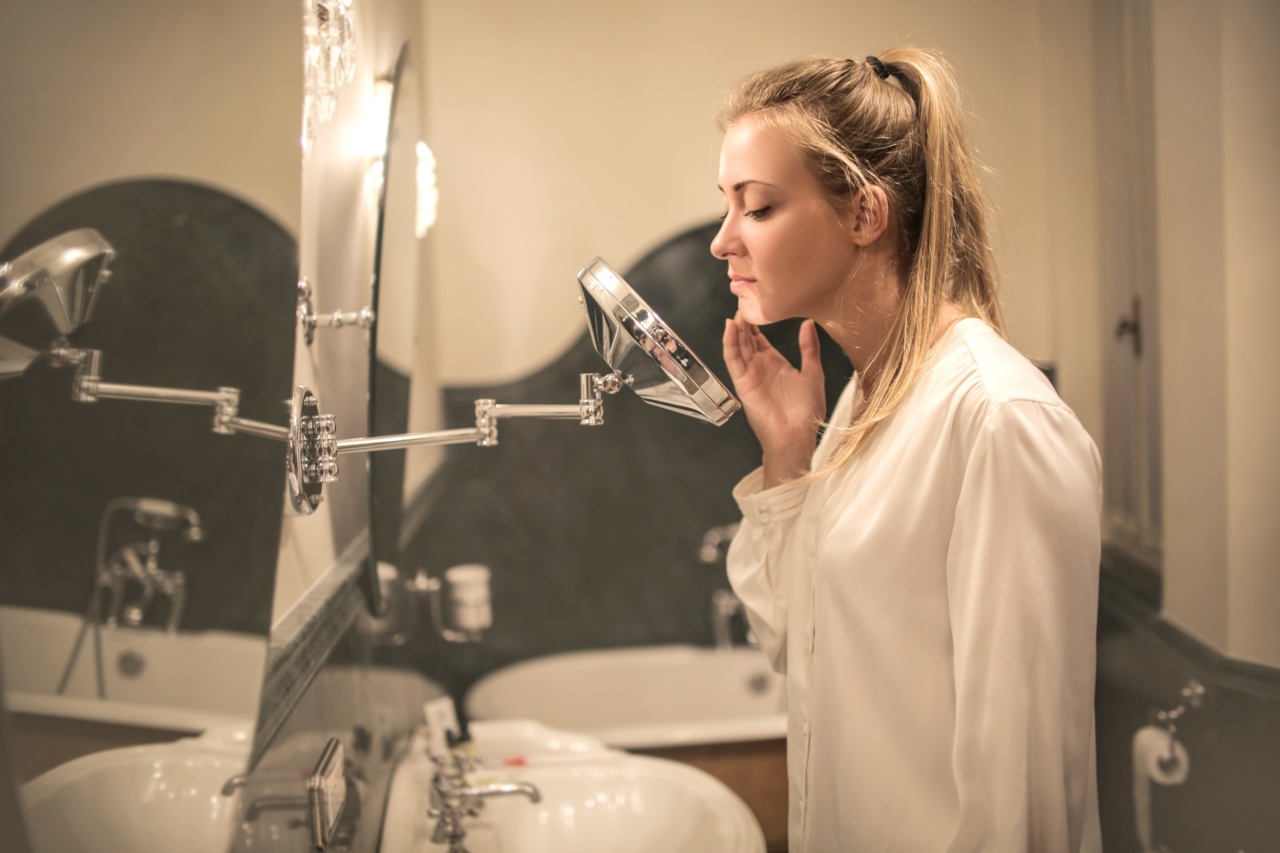Acne is a common skin problem that affects individuals of all ages, especially during adolescence and young adulthood.
It occurs when hair follicles on the skin become clogged with oil and dead skin cells, leading to the formation of pimples, blackheads, and whiteheads.
While several over-the-counter and prescription medications are available to manage acne, natural remedies may also help reduce the severity and frequency of acne breakouts. Here are eight natural remedies to combat acne:.
1. Tea Tree Oil
Tea tree oil is an essential oil that has antimicrobial and anti-inflammatory properties that can help reduce acne breakouts. Studies have shown that applying tea tree oil to the skin can significantly reduce the number of pimples and whiteheads.
To use tea tree oil for acne, mix a few drops of the oil with a carrier oil, such as coconut or jojoba oil. Apply the mixture to the affected areas of the skin using a cotton ball or swab.
You can also add a few drops of tea tree oil to your facial cleanser or moisturizer.
2. Aloe Vera
Aloe vera has soothing and anti-inflammatory properties that can help reduce the redness and inflammation associated with acne. It also contains salicylic acid, a compound that is commonly found in over-the-counter acne treatments.
To use aloe vera for acne, extract the gel from an aloe vera leaf and apply it directly to the affected areas of the skin. You can also find aloe vera gel in many skin care products, such as lotions, creams, and serums.
3. Honey
Honey is a natural humectant, which means that it can help moisturize and hydrate the skin. It also has antibacterial properties that can help reduce the number of bacteria on the skin that can cause acne.
To use honey for acne, apply a small amount of honey directly to the affected areas of the skin and leave it for 10-15 minutes. You can also mix honey with other natural ingredients, such as cinnamon or turmeric, to create a face mask.
4. Green Tea
Green tea is rich in antioxidants, which can help protect the skin from damage caused by free radicals. It also has anti-inflammatory properties that can help reduce the redness and swelling associated with acne.
To use green tea for acne, steep a green tea bag in hot water for 3-5 minutes, then allow the tea to cool. Apply the tea to the affected areas of the skin using a cotton ball or swab, or use it as a facial toner after cleansing.
5. Witch Hazel
Witch hazel is a natural astringent that can help tighten and tone the skin. It also has anti-inflammatory properties that can help reduce the redness and swelling associated with acne.
To use witch hazel for acne, apply a small amount of witch hazel to the affected areas of the skin using a cotton ball or swab. You can also find witch hazel in many skin care products, such as toners and cleansers.
6. Apple Cider Vinegar
Apple cider vinegar has antimicrobial and anti-inflammatory properties that can help reduce the number of bacteria on the skin and reduce the redness and inflammation associated with acne.
It also contains alpha hydroxy acids, which can help exfoliate the skin and unclog pores.
To use apple cider vinegar for acne, mix equal parts of apple cider vinegar and water and apply the mixture to the affected areas of the skin using a cotton ball or swab.
Avoid using undiluted apple cider vinegar on the skin, as it can cause irritation.
7. Jojoba Oil
Jojoba oil is a natural oil that is similar in composition to the sebum produced by the skin. It can help moisturize and hydrate the skin without clogging pores, making it an ideal moisturizer for individuals with acne-prone skin.
To use jojoba oil for acne, apply a few drops of the oil to the affected areas of the skin and gently massage in. You can also use jojoba oil as a carrier oil for other essential oils, such as tea tree oil.
8. Zinc
Zinc is a mineral that plays a role in many bodily functions, including skin health. Studies have shown that zinc can help reduce the severity and frequency of acne breakouts.
You can increase your zinc intake by consuming foods high in zinc, such as oysters, beef, and pumpkin seeds. You can also take a zinc supplement, but be sure to speak with your doctor before starting any new supplement regimen.
While natural remedies may help reduce the severity and frequency of acne breakouts, it is important to remember that everyone’s skin is different. A remedy that works for one person may not work for another.
If you have severe or persistent acne, it is best to consult with a dermatologist to determine the best treatment plan for your individual needs.






























